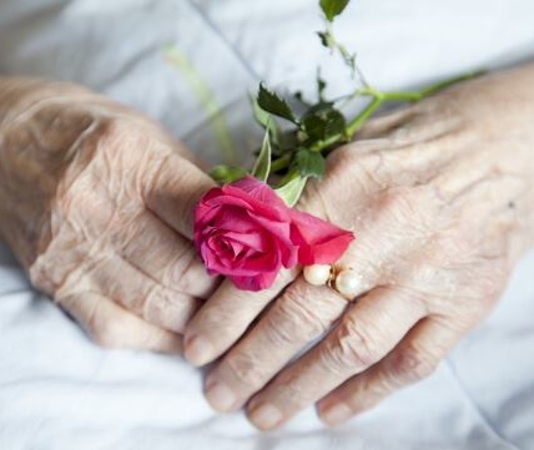A new study by the National Alliance for Caregiving and AARP highlights profiles today’s family caregivers, what challenges them, and what’s ahead for them.
Caregiving in the U.S. 2015 is presented by the National Alliance for Caregiving and AARP after gathering data in late 2014 from over 1,200 caregivers who are age 18 and older. These caregivers make up two groups: those who provide “higher hour” care of 21 or more hours of care weekly, and “lower hour” for those who provide less than 21 hours of care each week.
The biggest number is 43.5 million. This is the estimated number of American adults who provided unpaid care to an adult or child in the prior 12 months. Those caring for an adult is at 39.8 million Americans, and those providing unpaid care to an adult who is age 50 or older in the prior 12 months is 34.2 million Americans.
“We’re facing a caregiving cliff,” said Dr. Susan Reinhard, senior vice president and director, AARP Public Policy Institute. “By mid-century, there will be only three family caregivers available for each person requiring care. That means, to avoid putting them at higher risk as the age, we need to provide support for existing caregivers who are underserved by the current long-term services and support system.”
Who Are You?
What the research found is that while the typical family caregiver is a 49-year old woman who is caring for a relative, there are growing subpopulations of caregivers who provide care differently or may have different needs for support.
Some notable aspects of the study include:
- 40% of family caregivers are men (60% are women)
- Nearly a quarter of today’s caregivers are millennials; people who are between the ages of 18 to 34
- 82% of family caregivers live with or live within 20 minutes of the one person for which they provide care
- 34% of family caregivers work full-time
- 38% of family caregivers report that they experience high emotional stress as a result of the care they are providing
- One in ten family caregivers provides care for a spouse
- One in ten family caregivers is age 75 or older
- The average caregiver of an adult has been providing care for four years
- 48% of care recipients live in their own home
- 59% of care recipients have a long-term physical condition
- 26% of care recipients have a memory problem
- 50% of family caregivers reported that they had no choice in taking on this role
The study includes details on work and caregiving, wellbeing and caregiving, types of care being provided, the burden of care and much more information about these family caregivers.
Are You Seeking Support?
Getting back to Ms. Reinhard’s point about the need for support for family caregivers, the study found some good and not-so-good news about the impact of caregiving and therefore the need for caregivers to care for themselves too.
Almost half of the family caregivers who participated in the study reported that their own health is “excellent” or “very good.” While only 17% of the polled caregivers stated that their own health is “fair” or “poor” that is higher than the general population (10% report their own health at “fair” or “poor”). Twenty-two percent of the caregivers said that their health had gotten worse since they took on caregiving responsibilities.
The amount of stress that a caregiver feels can depend on who they are caring for and the reason that the care is needed: 45% caring for a spouse and 44% caring for a parent reported emotional stress whereas 18% caring for a non-relative had emotional stress. As might be expected, caring for someone with a chronic or long-term illness led to emotional stress for half or more of the caregivers.
However, when it comes to getting support, the family caregivers have unmet needs. Only 16% reported a health care provider asking what they needed to care for themselves.
“Indeed, more than 8 out of 10 caregivers (84%) state that they could use more information or help on caregiving topics,” note the study authors. “Caregivers most commonly want information about keeping their loved one safe at home (42%) and about managing their own stress (42%).”
A mere 15% of family caregivers in this study said that they used respite service—such as hiring a professional caregiver for a few hours a week—to support themselves.
Supporting family caregivers is becoming a political issue and legislators and health care providers are looking at ways to help. This support may be in the form of medical professionals asking what the caregiver’s needs are or tax credits to offset the costs of care.
If you are among the millions who are providing care for a loved one, or you expect to be someday, now is the time to plan for this role with family discussions, financial planning, and research on long-term care options.





